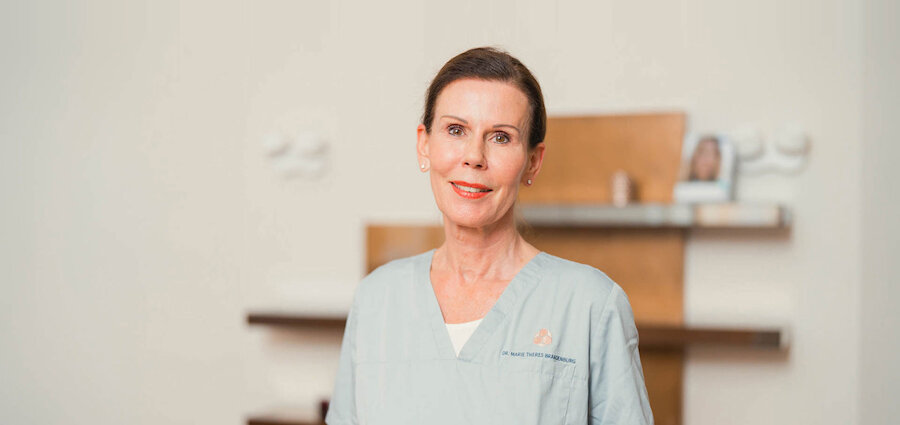Hormone consultation
Anti-aging. Pro beauty. Pro well-being.
We pursue a holistic therapy approach and get to the bottom of problems with interdisciplinary medical competence. This means that we look at every patient – whether in the case of skin growths or relating to the aging process – from different perspectives. This naturally also includes taking into account hormonal influences, which are subject to major fluctuations depending on the stage of life.
We want a positive body image to be possible at any age. In addition to the relatively well-known complaints in the context of menopause, we can help alleviate symptoms of andropause (menopause in men), depression, sleeping disorders, stress, loss of vitality and memory disorders and pursue a balanced anti-aging policy.






